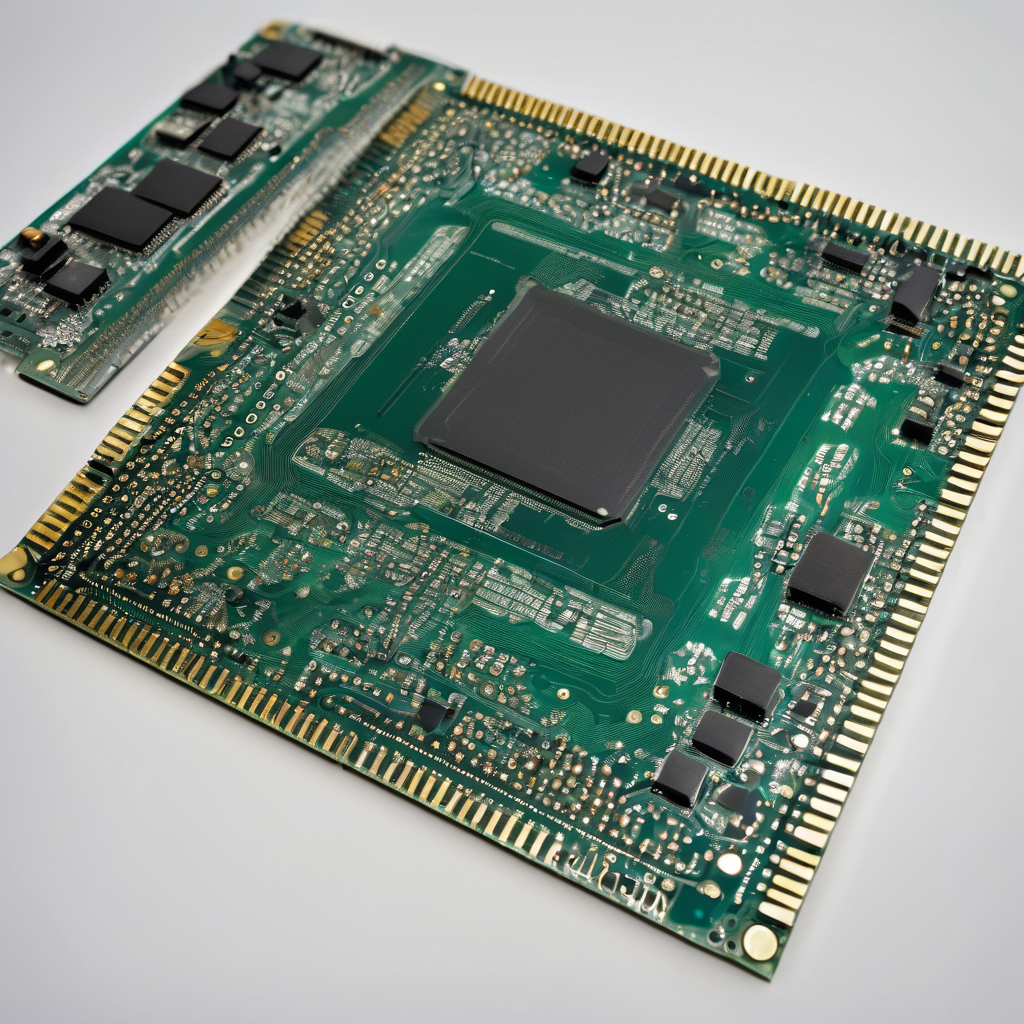IBM has announced a significant breakthrough in quantum computing by successfully executing one of its critical quantum algorithms in real time using AMD field-programmable gate arrays (FPGAs). This advancement is expected to pave the way for more affordable and practical hybrid quantum systems. The algorithm’s primary function is to dynamically detect and correct quantum errors, and it was originally unveiled in June. The fact that it is now operational on readily available AMD hardware, rather than expensive custom-built control units, represents a major leap forward.
Jay Gambetta, IBM’s Vice President of Quantum, stated that this FPGA-based implementation operates ten times faster than necessary for live error correction, emphasizing its importance for real-world quantum applications. This achievement indicates that IBM is a full year ahead of its planned timeline for the Starling quantum system, which is projected for 2029.
Quantum computers rely on qubits, which can exist in multiple states simultaneously, but are often hindered by errors caused by external factors. IBM’s innovative approach addresses these challenges by continuously monitoring and correcting errors as they arise, thereby maintaining system stability during quantum operations. The utilization of standard AMD chips illustrates the increasing synergy between classical and quantum computing, enabling mixed environments where traditional hardware can manage error correction and real-time processing.
This development not only reduces costs but also simplifies the path toward enhancing performance as quantum systems evolve. It signifies a major move to transition quantum computing from laboratory settings into mainstream business applications.
The collaboration between IBM and AMD appears to be yielding results, with the companies having previously announced plans in August to work together on next-generation computing architectures that merge quantum and high-performance computing technologies — a concept known as quantum-centric supercomputing. More recently, in October, they revealed a partnership to deliver advanced AI infrastructure to Zyphra, an open-source AI research and product company based in San Francisco. As part of a multi-year agreement, IBM will provide Zyphra with an extensive cluster of AMD Instinct MI300X GPUs hosted on IBM Cloud, facilitating the training of next-generation multimodal foundation models.
This collaborative and innovative spirit may indeed serve as a catalyst for the future of quantum computing, nurturing advancements that promise to reshape various industries.
